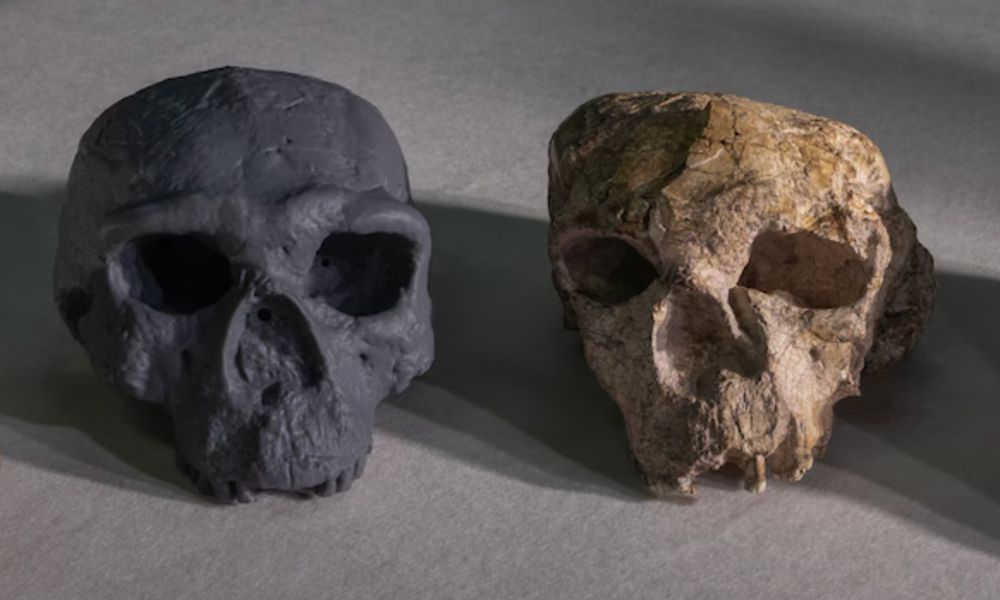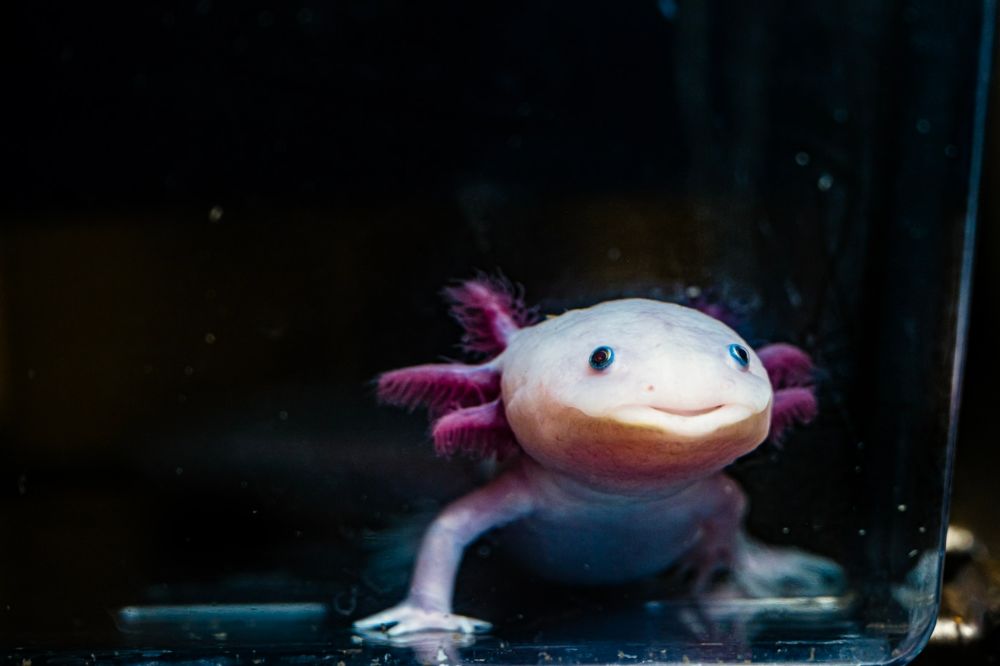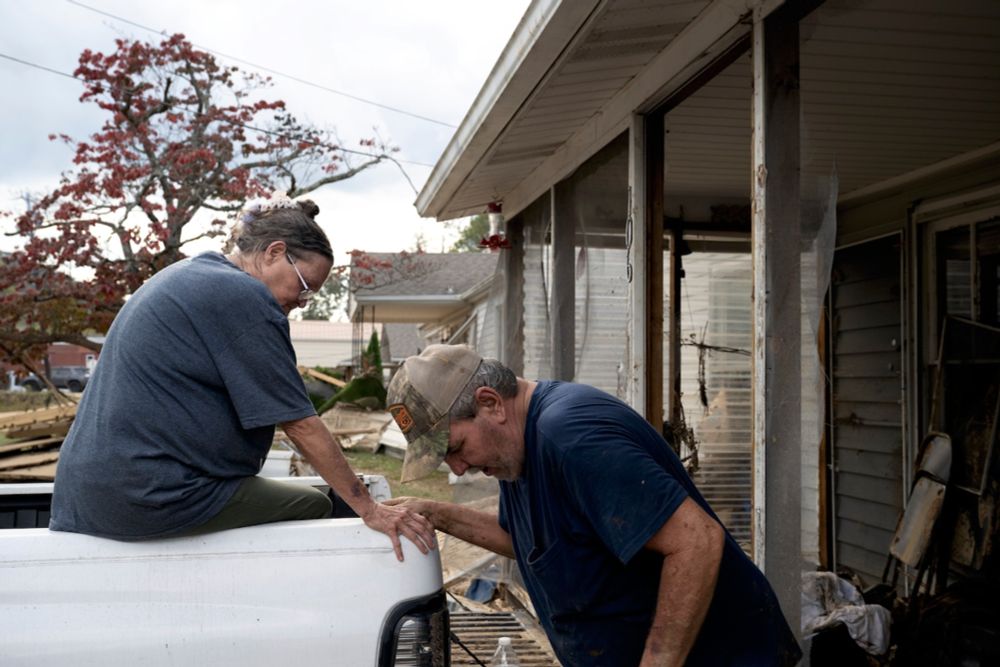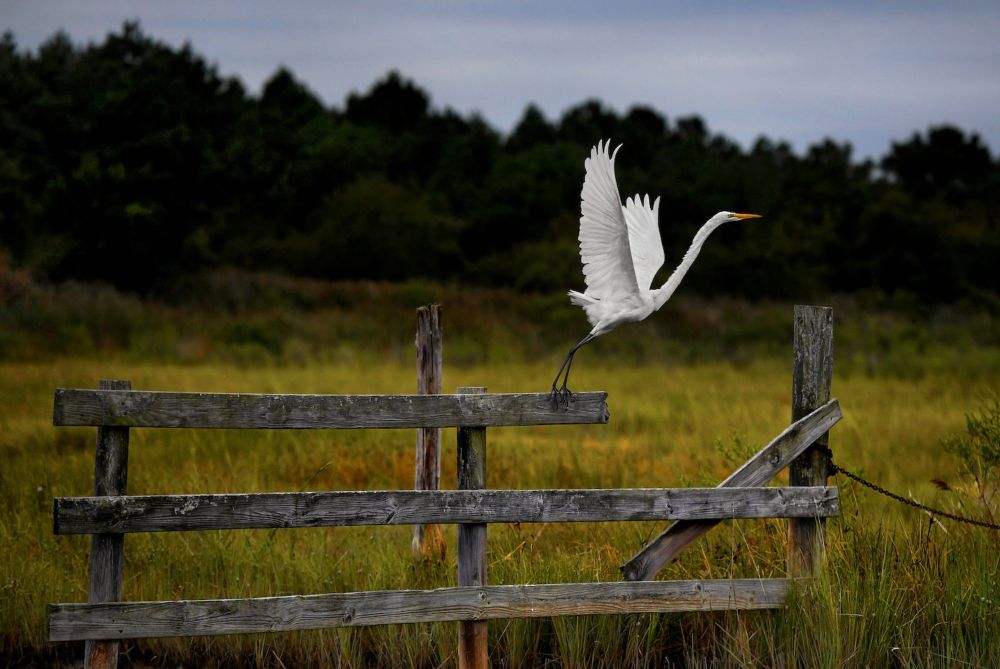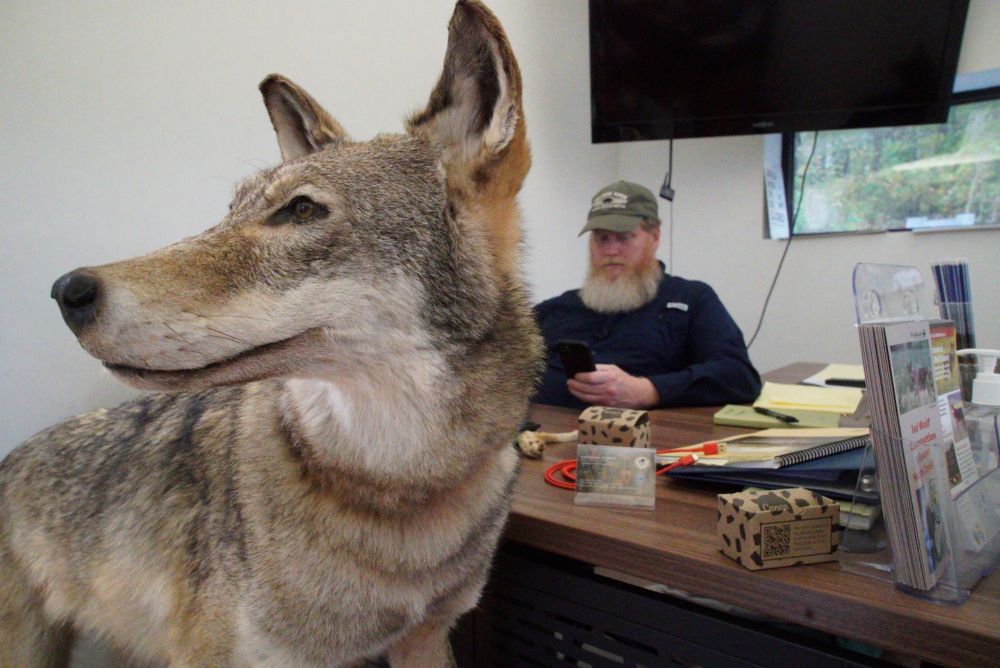Dino Grandoni
@dinograndoni.bsky.social
240 followers
130 following
19 posts
Washington Post reporter covering wildlife, biodiversity and other environmental issues
https://www.washingtonpost.com/people/dino-grandoni/
Posts
Media
Videos
Starter Packs
Reposted by Dino Grandoni
Reposted by Dino Grandoni
Dino Grandoni
@dinograndoni.bsky.social
· Apr 24
Dino Grandoni
@dinograndoni.bsky.social
· Apr 16

Trump officials say destroying endangered species’ habitats isn’t ‘harm’
A proposed rule would narrow the definition of harm under the Endangered Species Act and could open the door to more mining, construction and other activities.
www.washingtonpost.com
Dino Grandoni
@dinograndoni.bsky.social
· Apr 10

Trump team cites wolf ‘de-extinction’ as it seeks to cut endangered species list
The interior secretary hailed a biotech company’s claim to have brought back the dire wolf, while the administration and GOP push to roll back species protections.
www.washingtonpost.com
Reposted by Dino Grandoni
Reposted by Dino Grandoni



